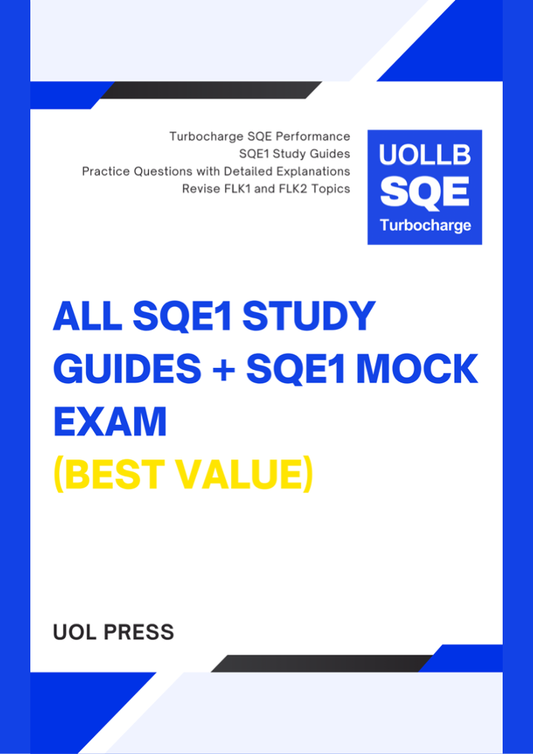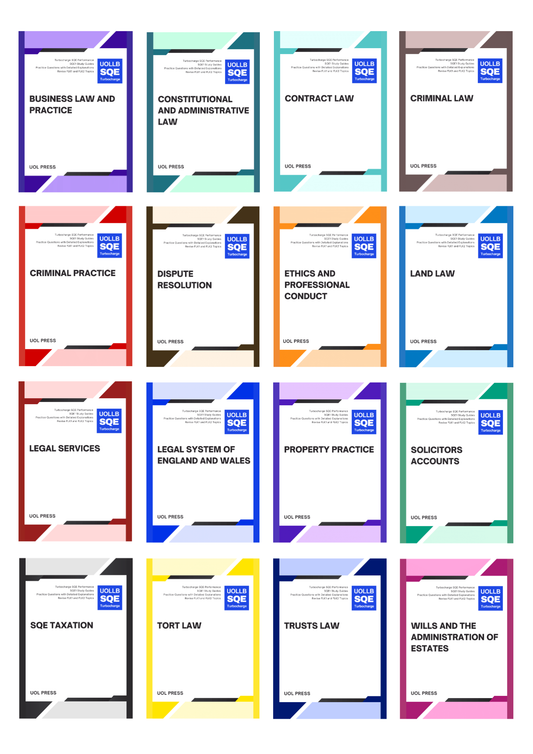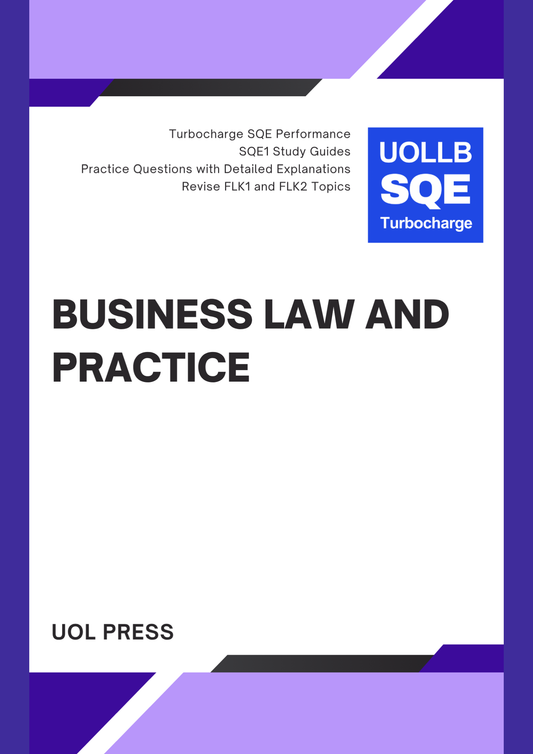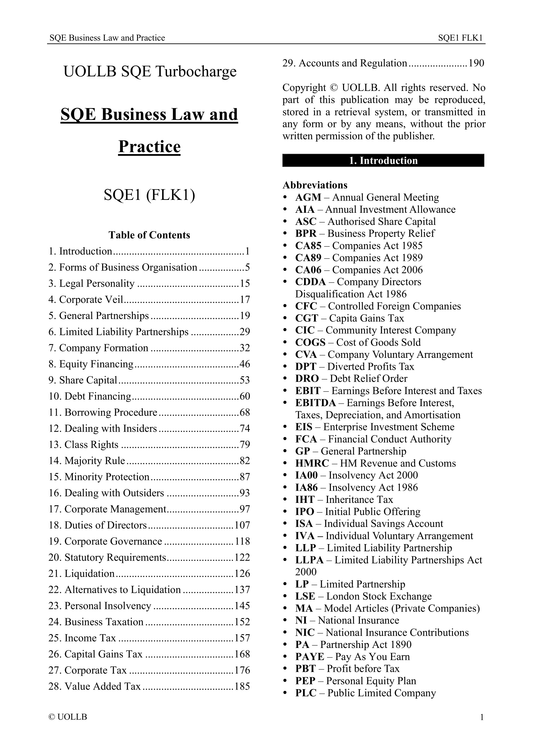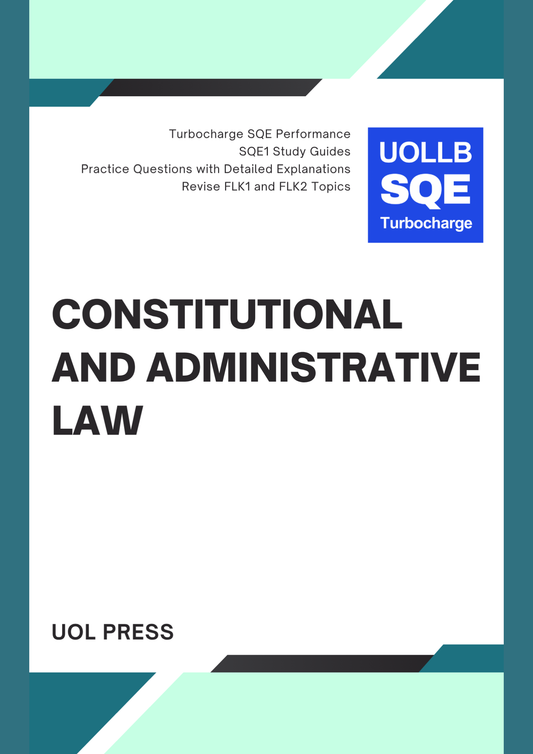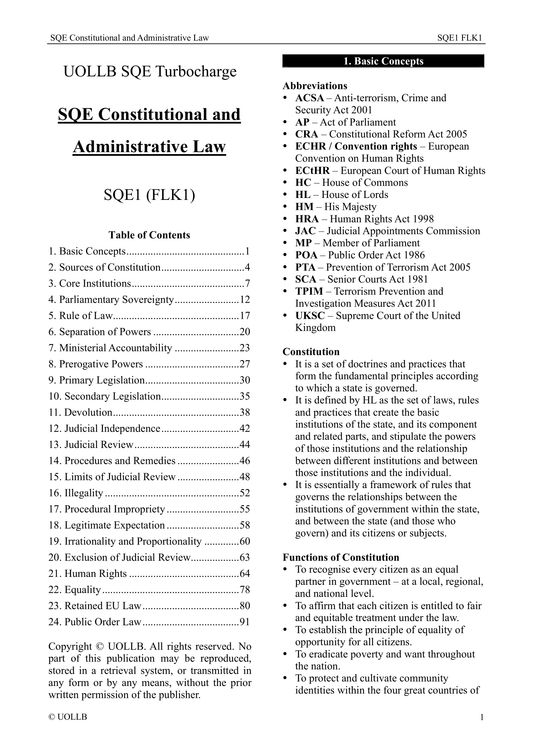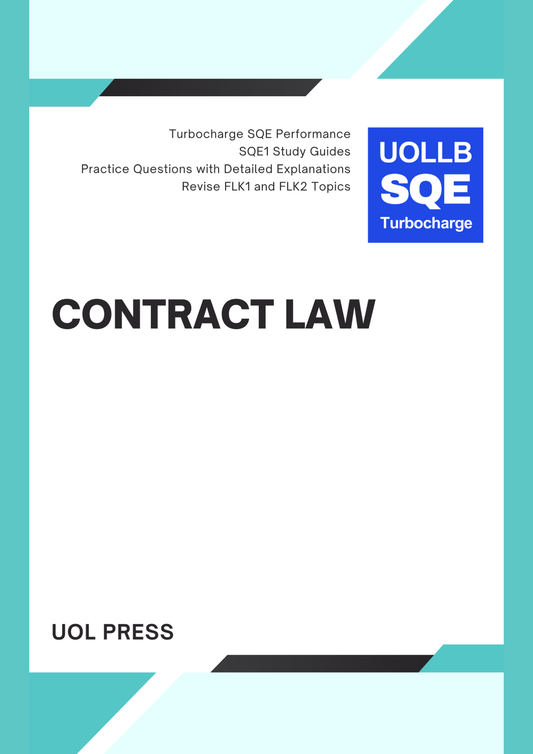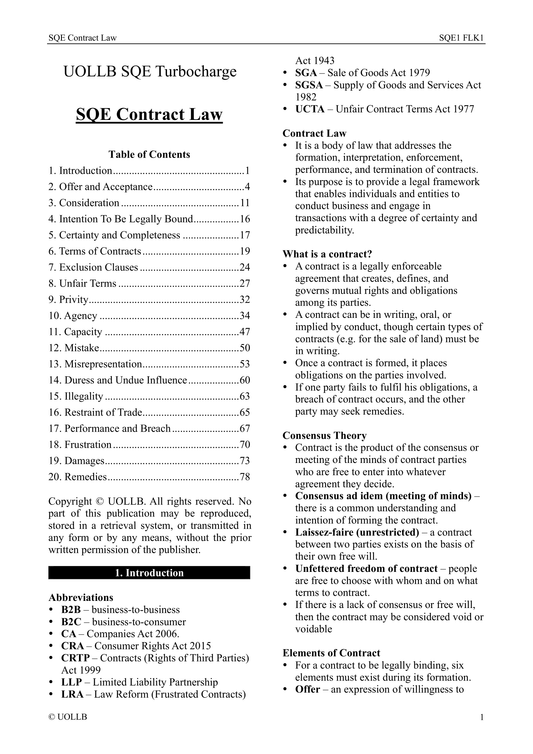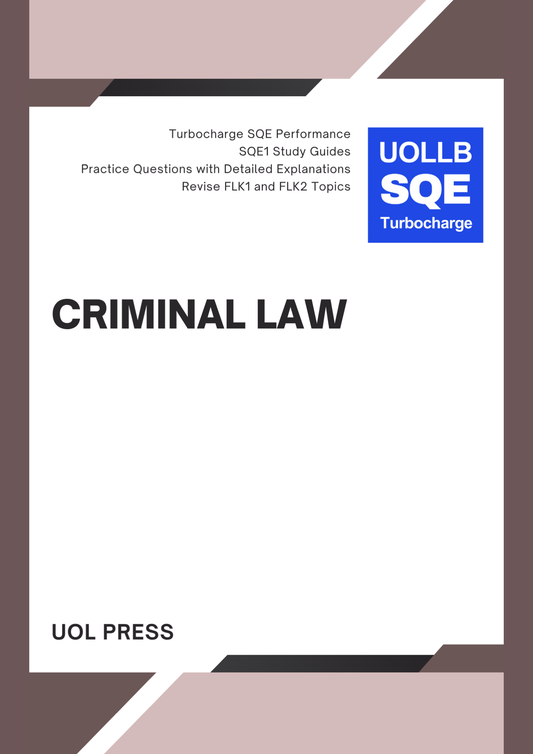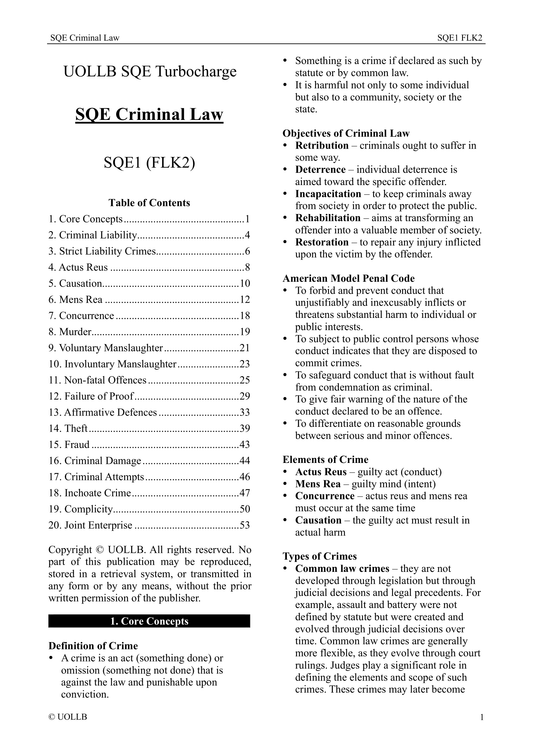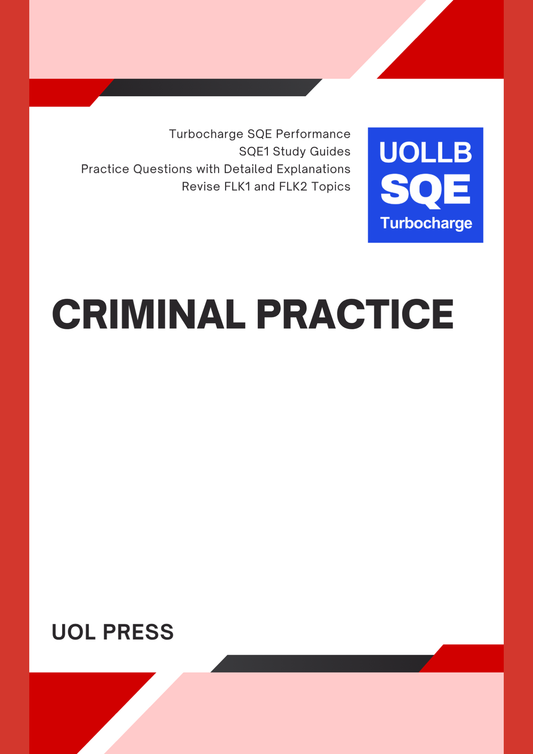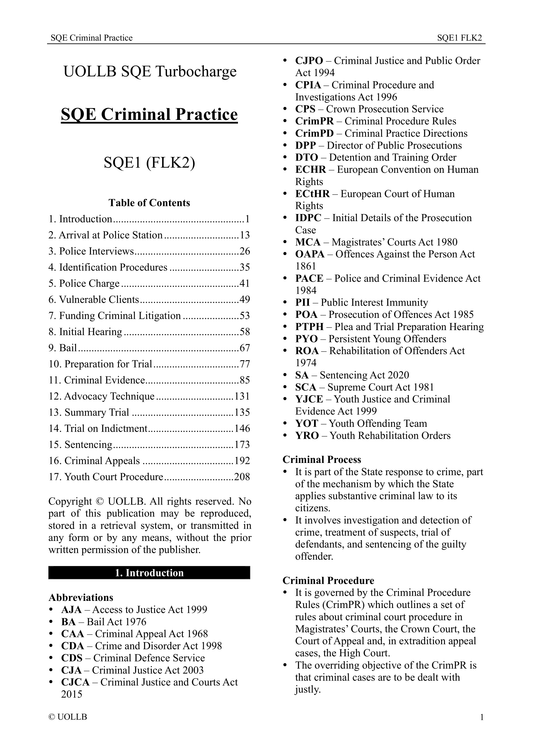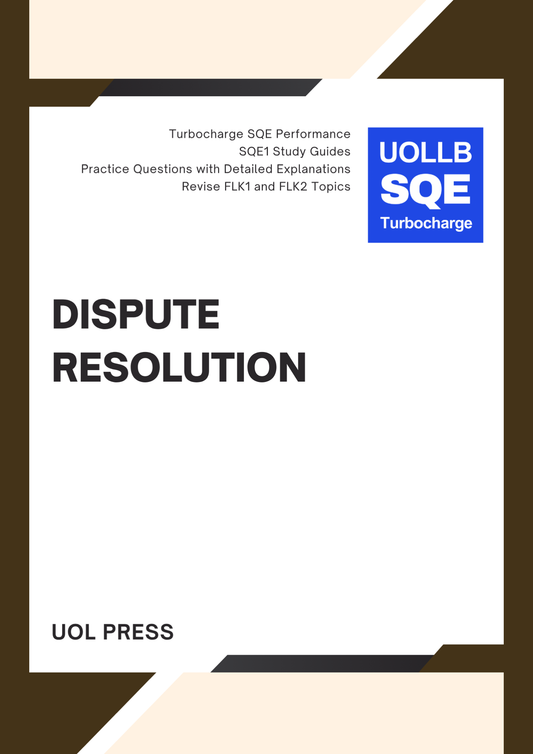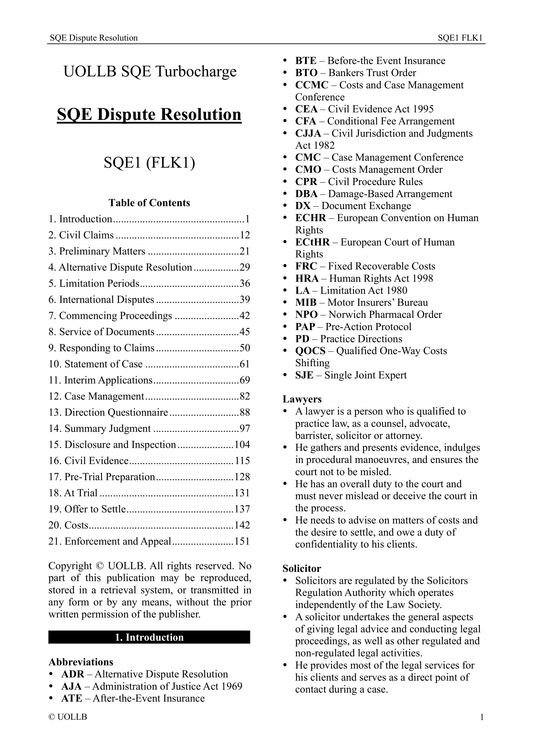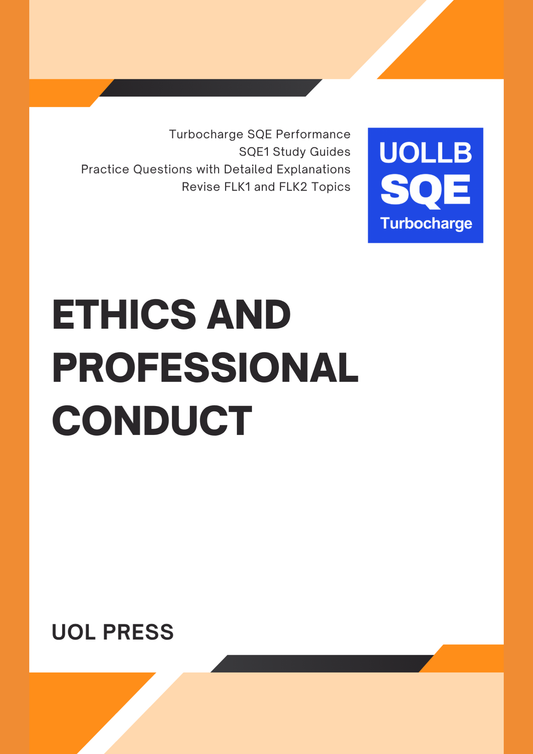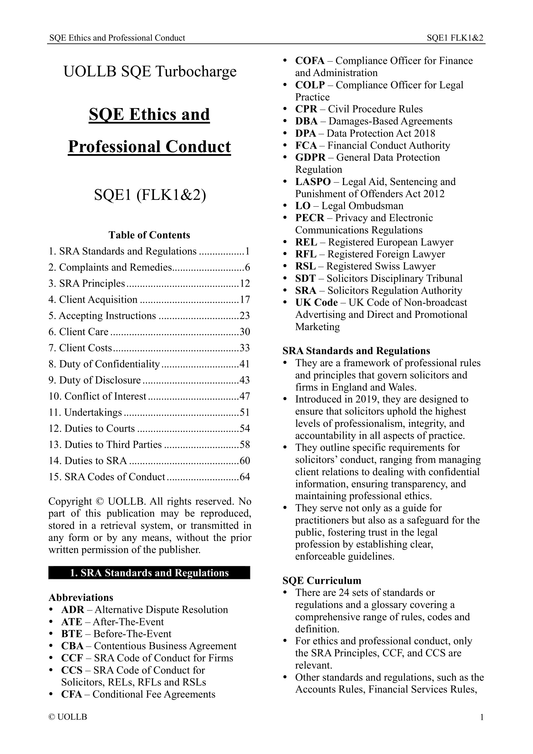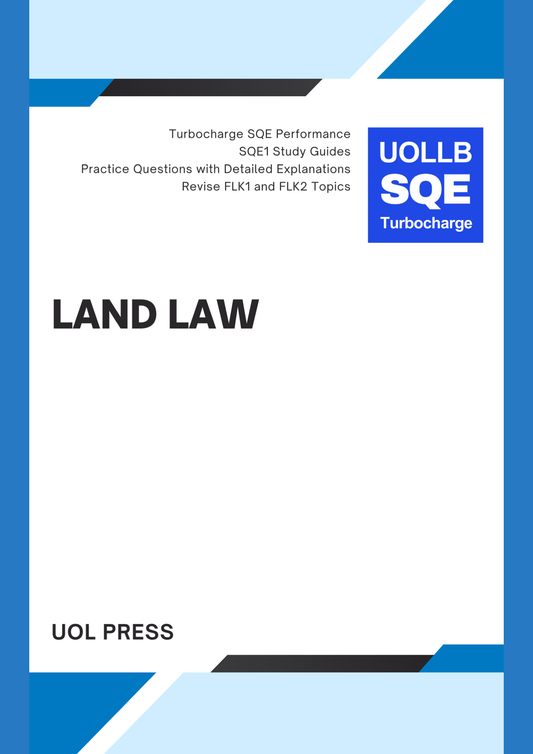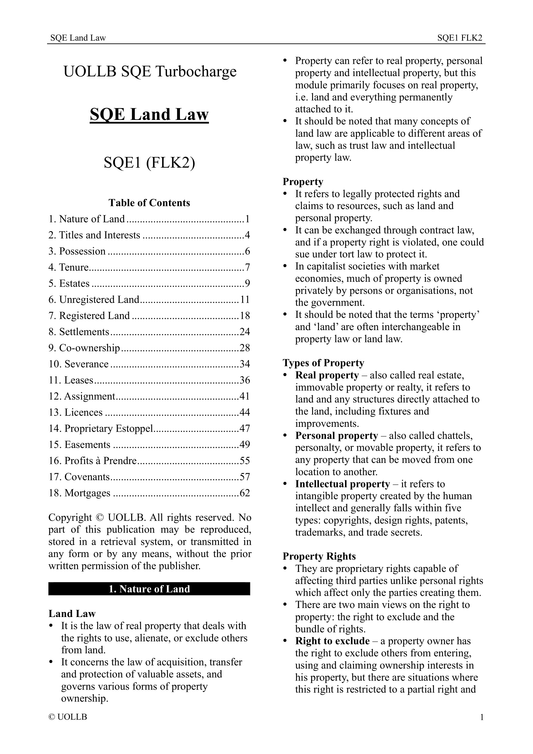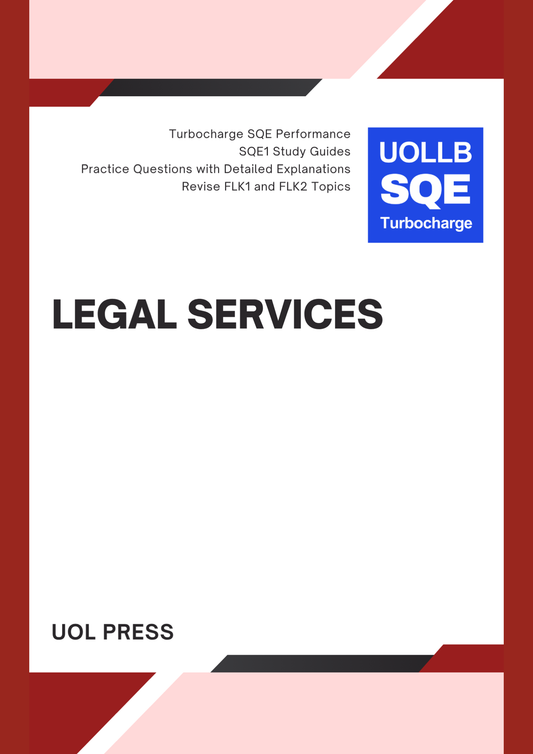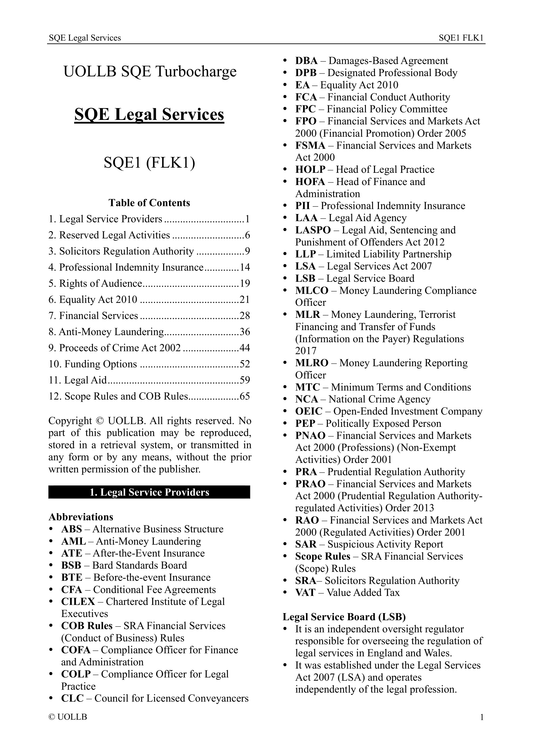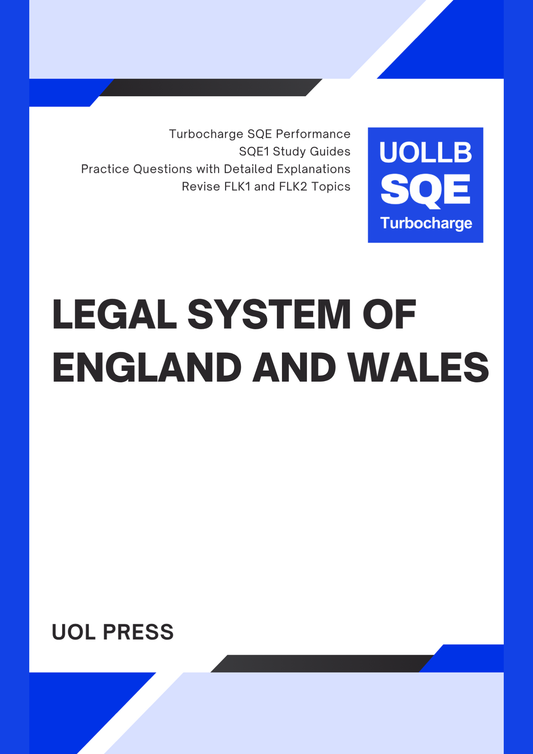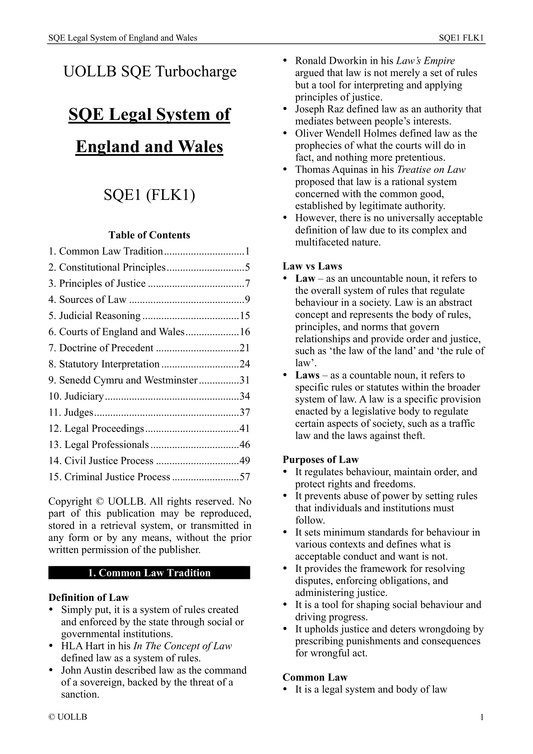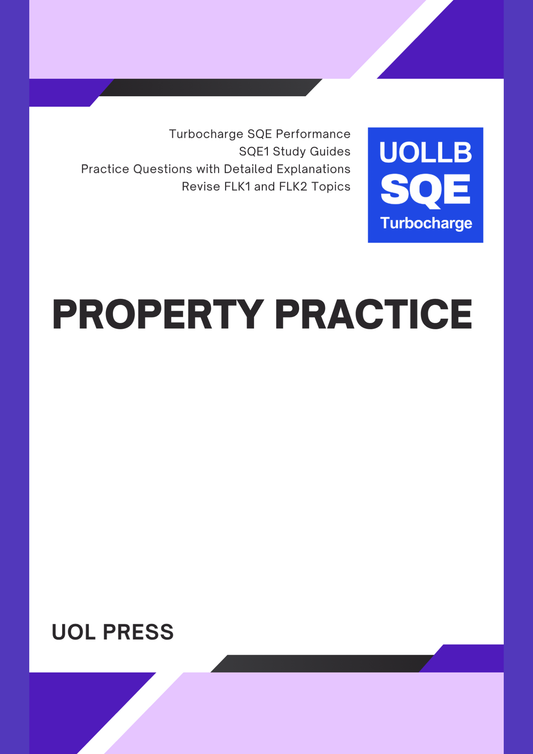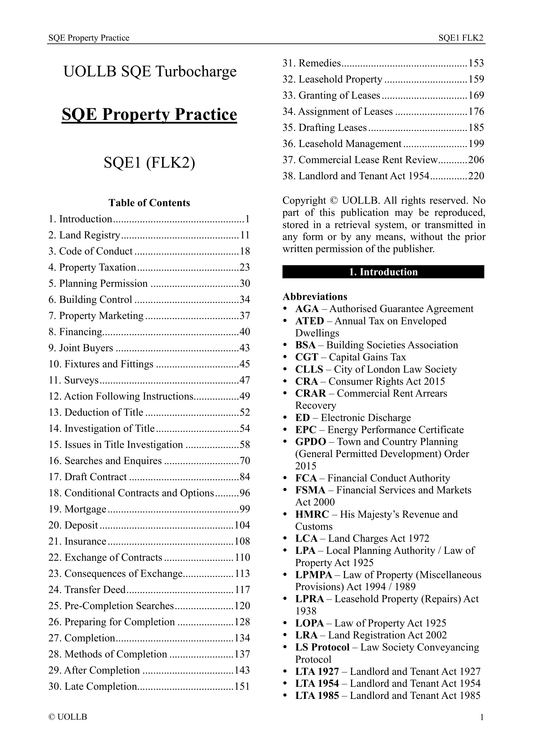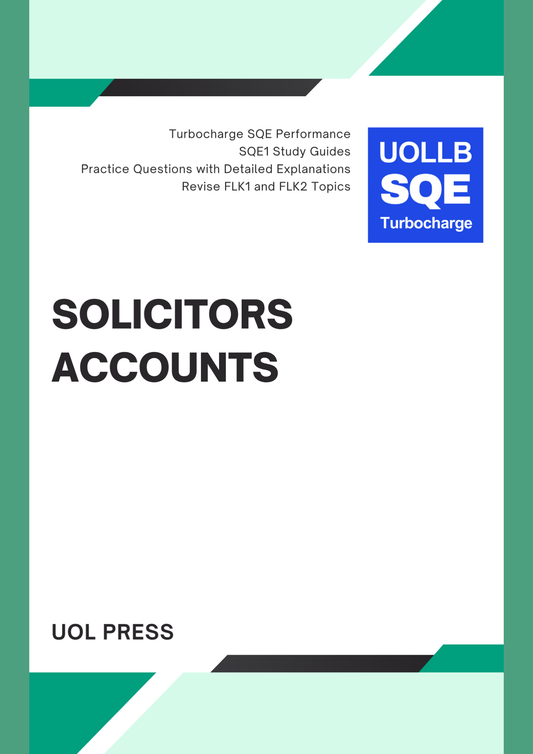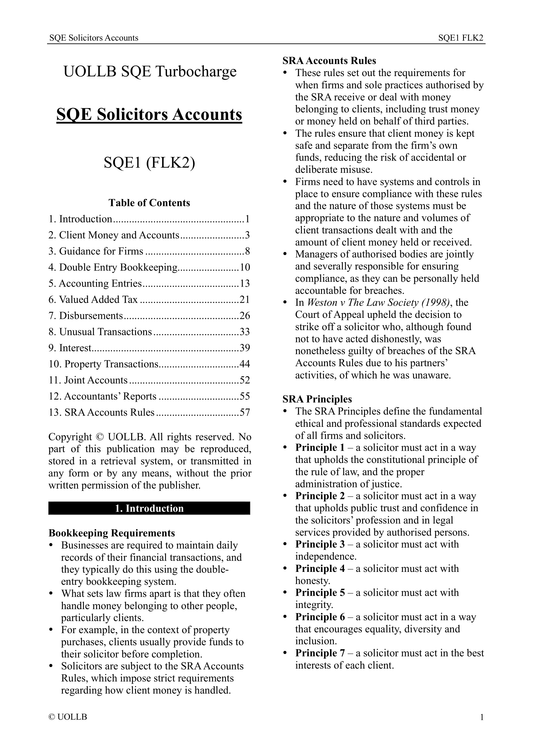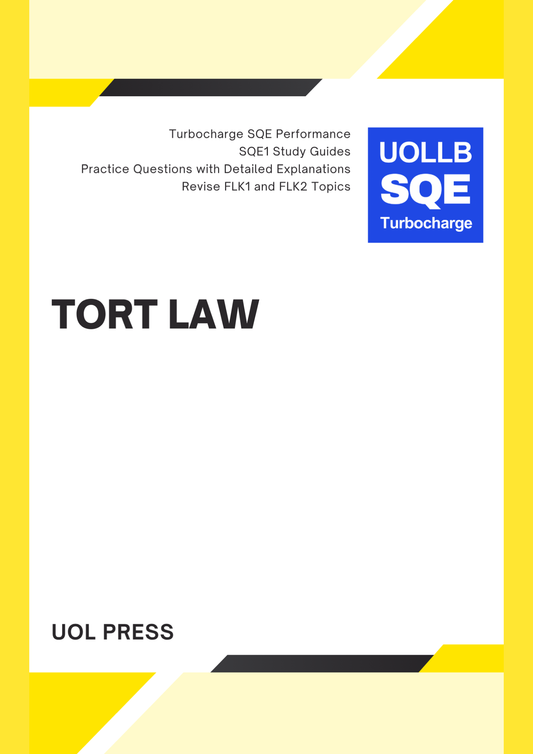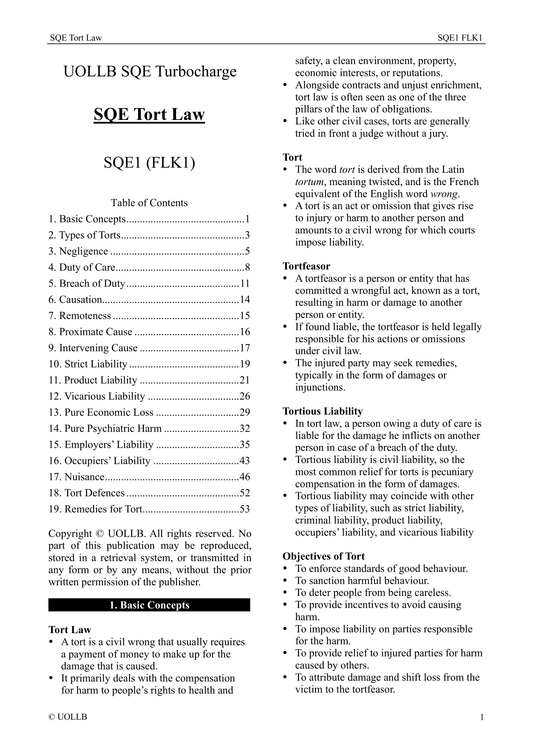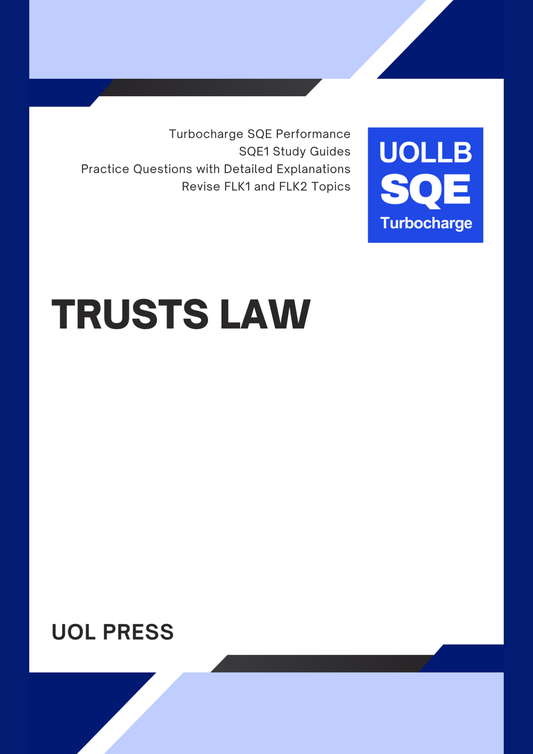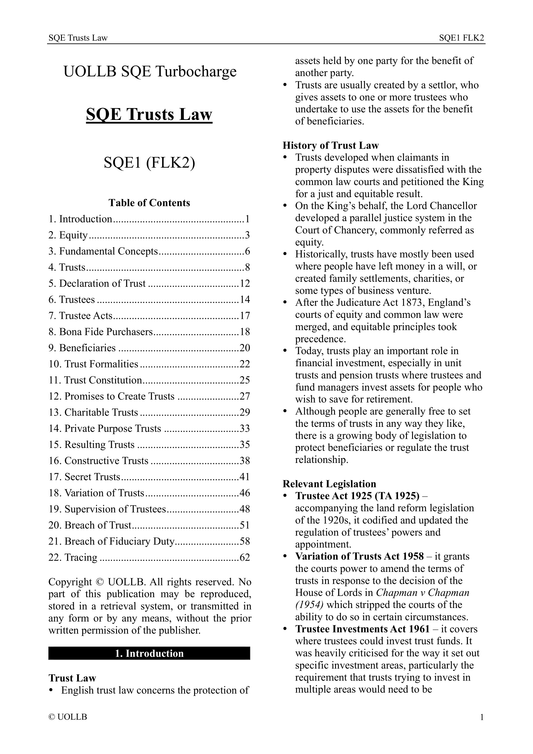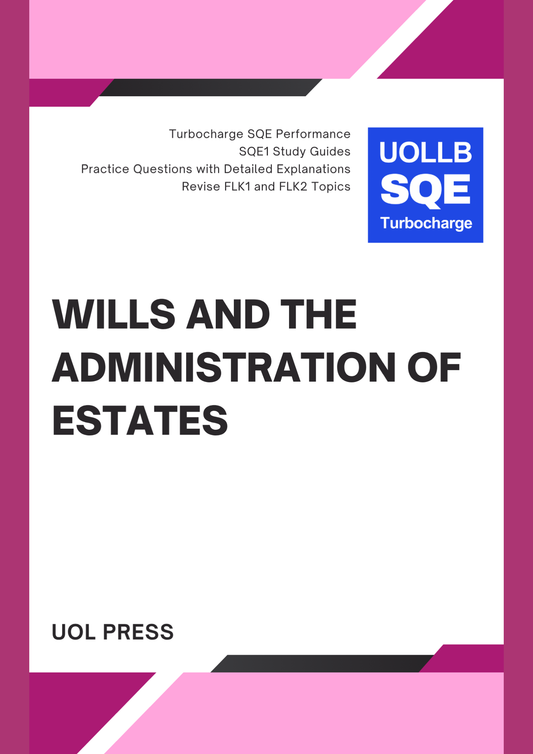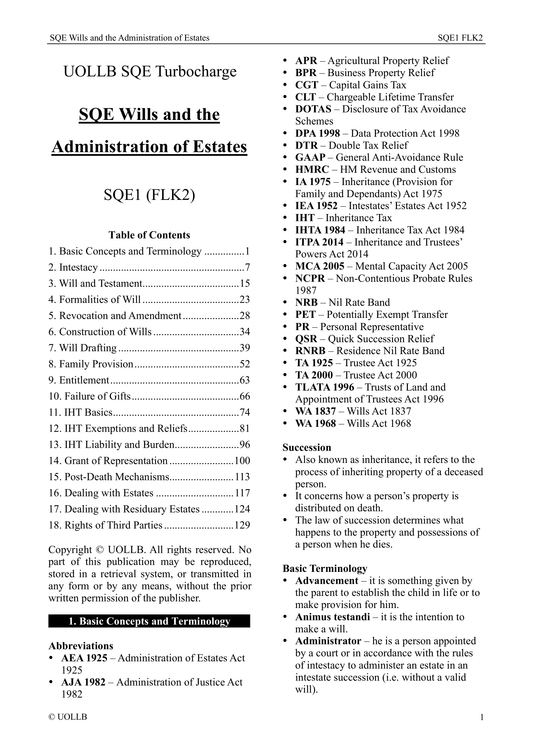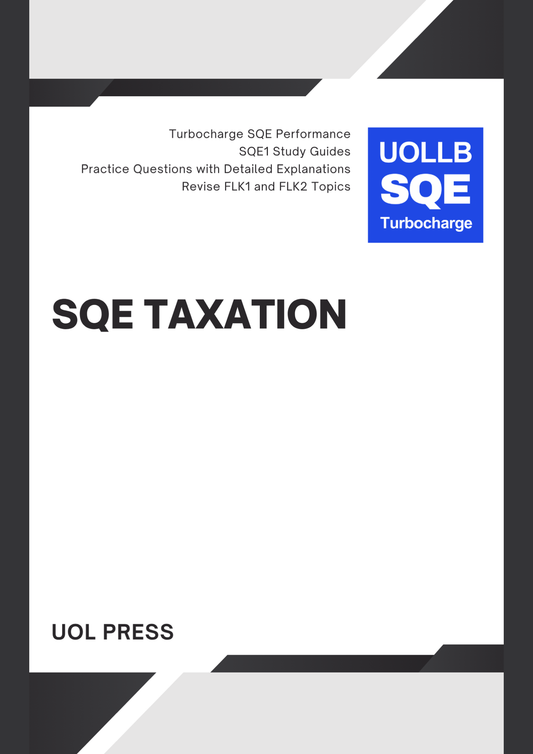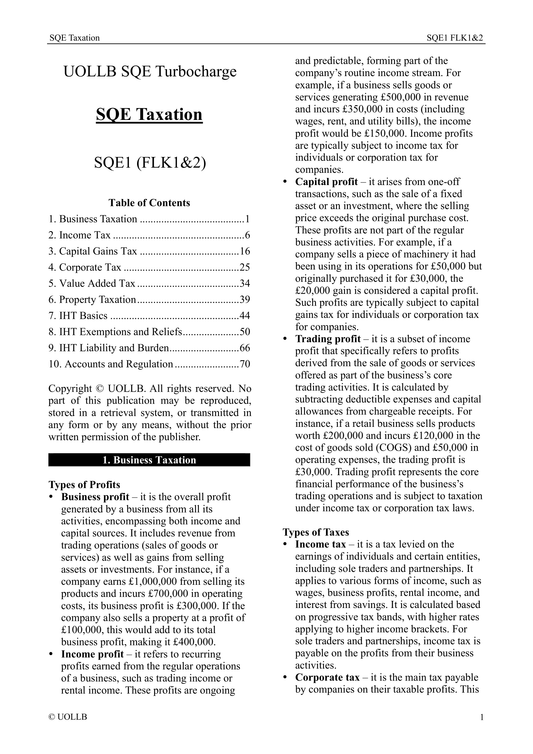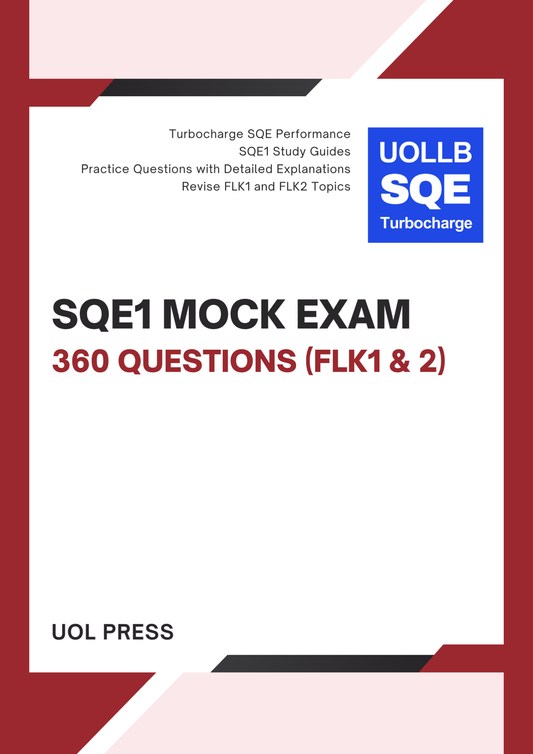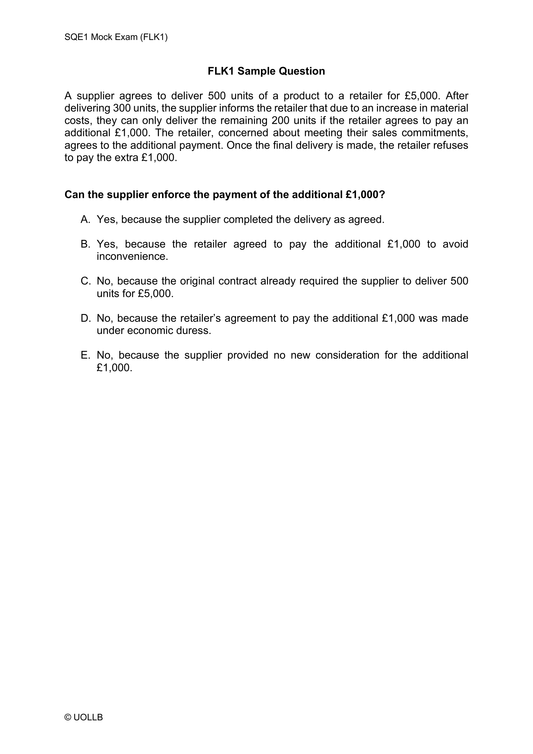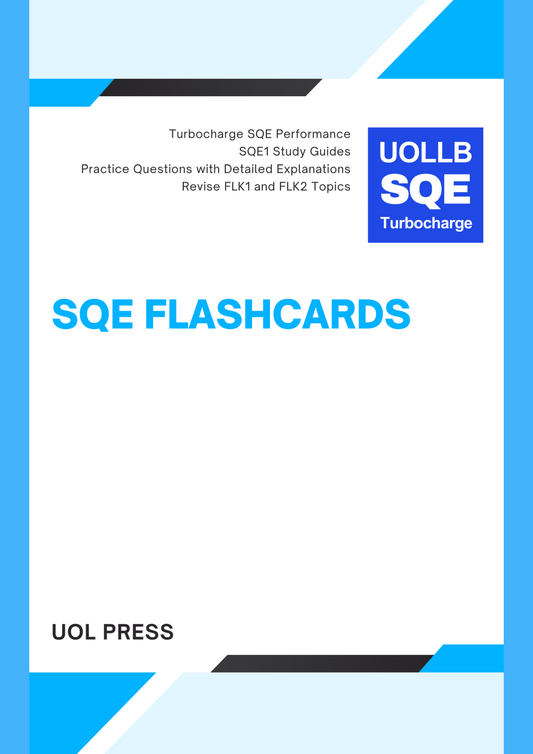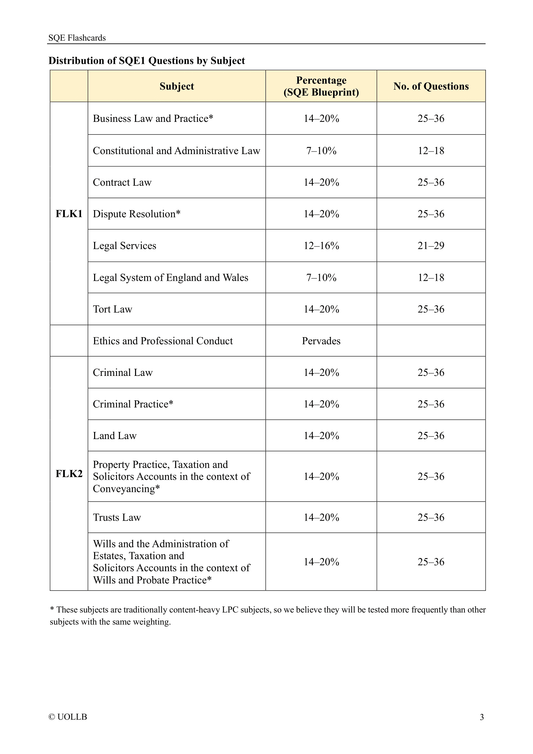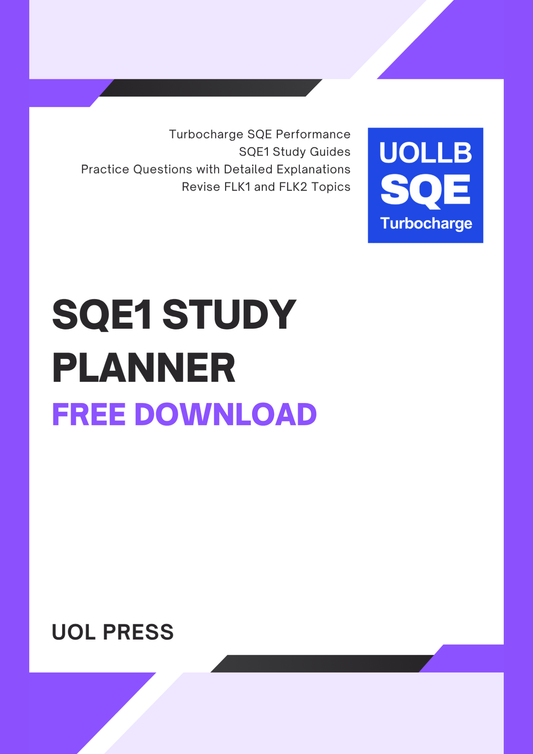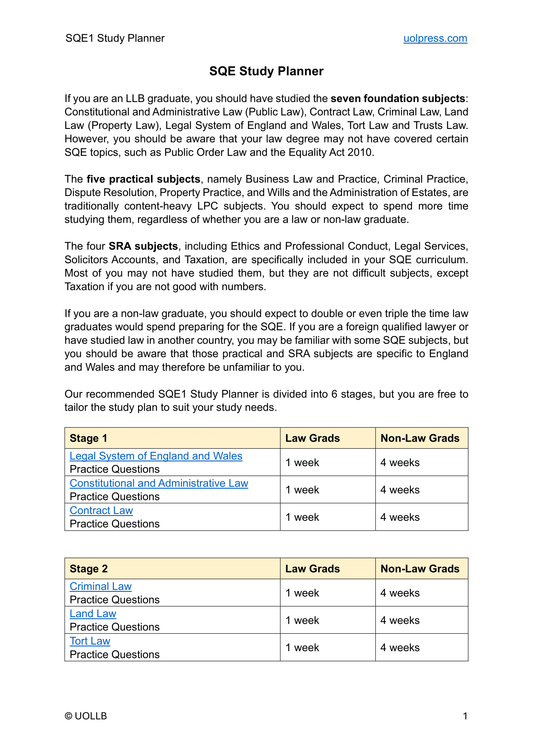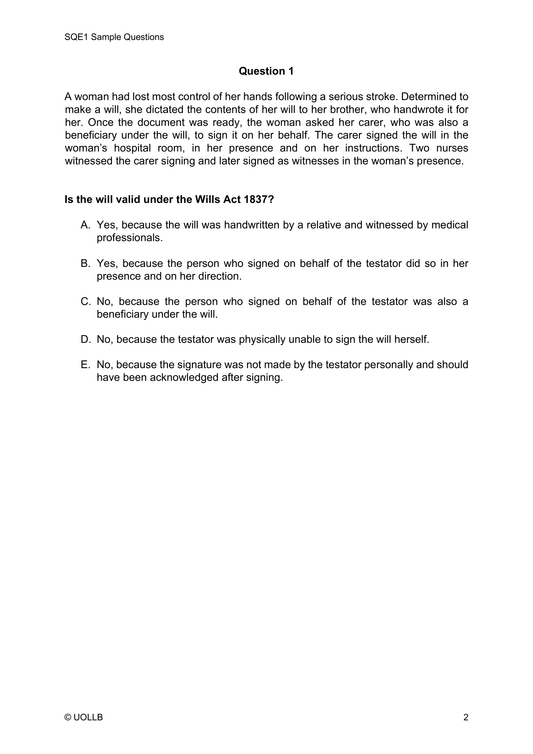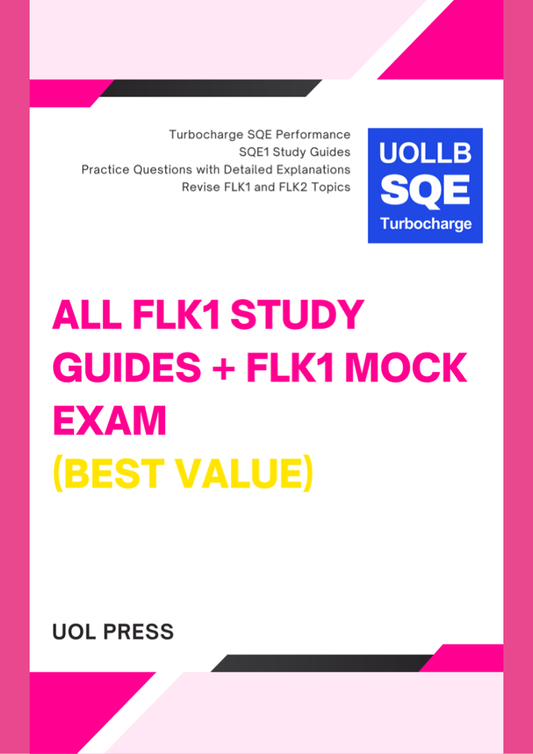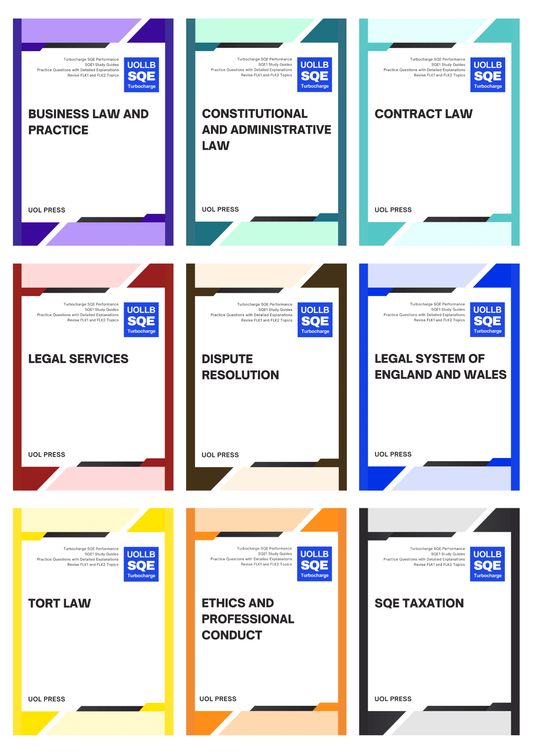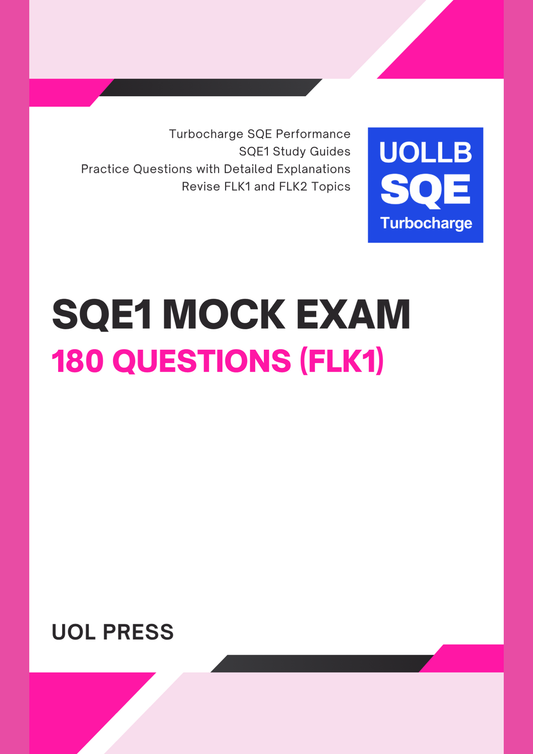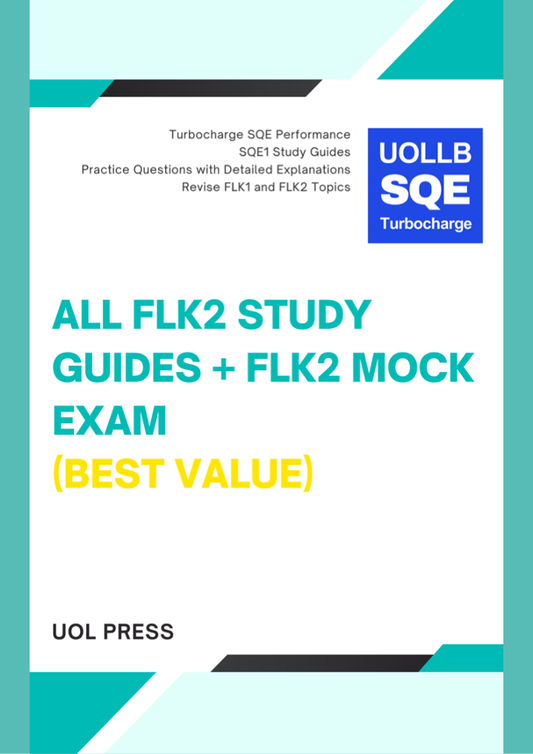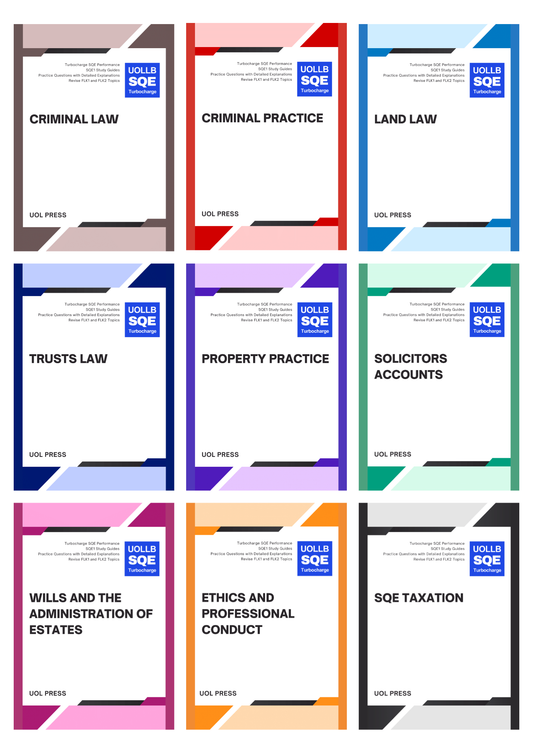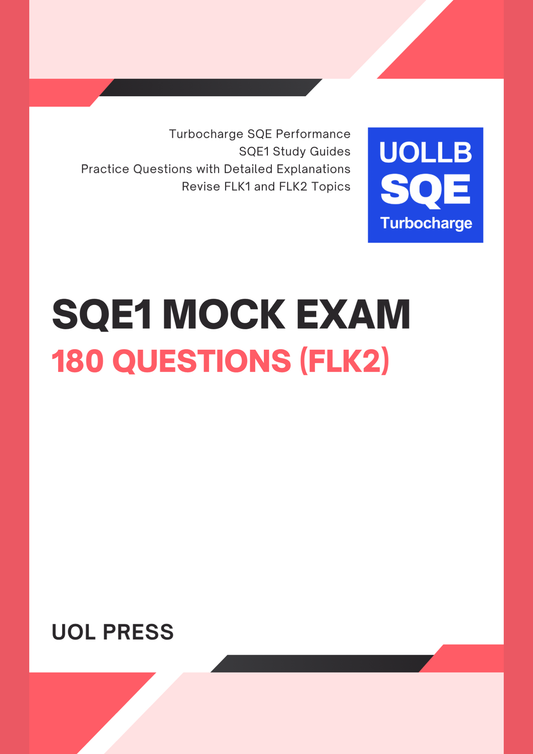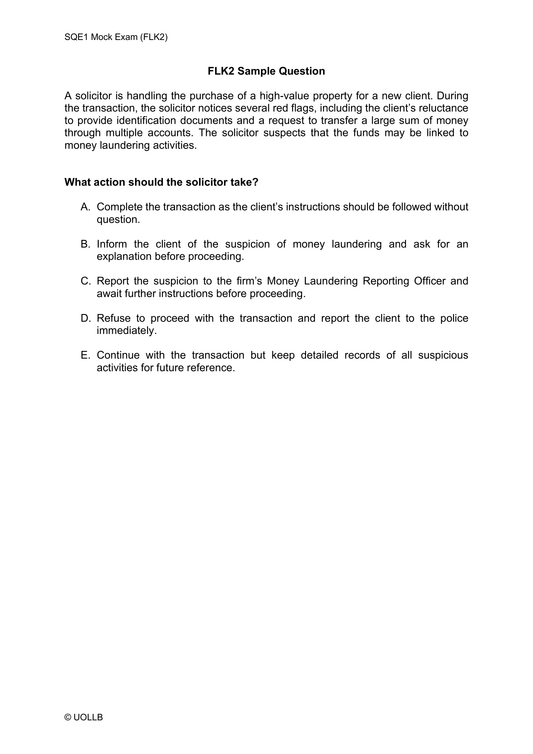Is the SQE harder than the LPC?
Share
The SQE is generally considered more challenging than the LPC for several reasons, including its scope, standard, and assessment format. While the LPC assesses candidates at the level of a day one trainee solicitor, the SQE is designed to evaluate candidates at the higher standard of a day one qualified solicitor. This significant difference in the competency level required is a key factor in the increased difficulty of the SQE.
The pass rates for the SQE1 exams further illustrate its complexity. Since its introduction, the average pass rate has hovered just above 50%, with a staggering 41% recorded in the July 2025 assessment, significantly lower than the typically high pass rates for the LPC. This discrepancy reflects the rigorous and demanding nature of the SQE. A significant factor contributing to the difficulty of SQE1 is its multiple-choice question format, where you must select the single best answer from five plausible options. This format tests not only knowledge but also deep understanding and application of legal principles across a wide range of topics.
In addition to its broader legal scope, the SQE includes practice-based areas that may not be covered in traditional law degrees or conversion courses, which typically assess students through essays and problem questions. You must demonstrate both theoretical legal knowledge and practical skills, such as drafting, advocacy, and client interviewing, assessed in SQE2. These skills-based assessments add another layer of complexity compared to the LPC.
Overall, the SQE's focus on assessing both legal knowledge and practical competence, combined with its higher standard and demanding assessment methods, makes it more challenging than the LPC. It is designed to ensure that those qualifying as solicitors under the SQE route are ready to perform effectively from their first day as qualified practitioners.
